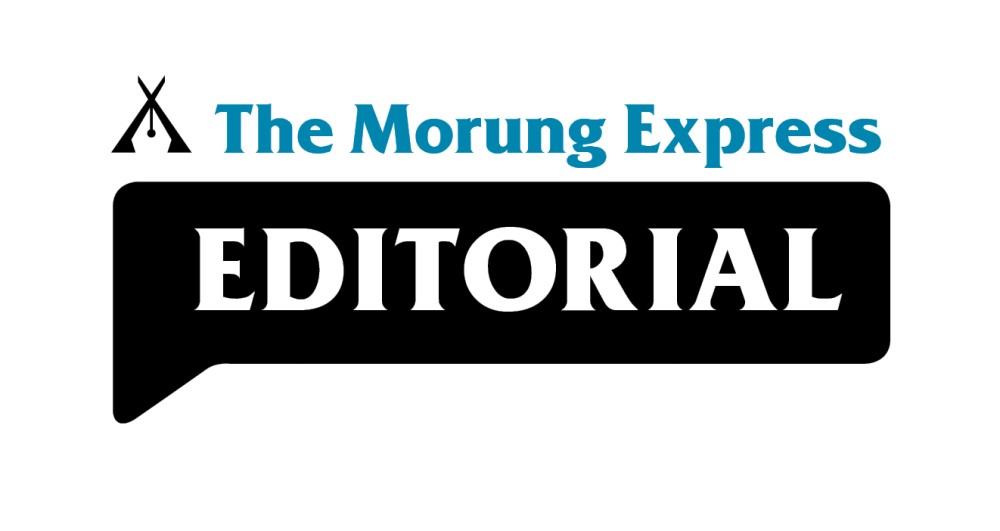
By Akangjungla
In a democracy, the press does not merely function as a medium of information; it is the essential pillar that ensures accountability and transparency, acting as a watchdog on behalf of the people. The recent, public, verbal assault on a journalist by a high-ranking elected official from a podium is not an isolated personal slight. It is an indicative outbreak of a deeper, more disturbing pattern of intimidation that seeks to stifle the role of press. Such conduct, especially from those in positions of power, is profoundly disturbing. It creates an unsafe environment where journalists may second-guess their professional pursuit. This coercion undermines not just the dignity of the profession, but the public’s fundamental right to be informed.
Following the incident, the collective concern voiced by press clubs across Nagaland, from Dimapur to Mokokchung to Kohima, highlights an urgent need for introspection and renewed commitment to defending the principles of a free press. This safeguarding of press freedom, however, cannot be the burden of journalists alone. It demands solidarity from every corner of society, from civic bodies, intellectuals, and the public at large.
To remain silent is to normalise these forces eroding a core pillar of democracy – the very democracy which leans on a free, independent, and ethical press. This trouble, journalist and press in general witness, are not abstract. Incidents of harassment through threats of financially draining lawsuits designed to silence the press often goes unreported. Verbal criticisms are pointed towards journalists, branding them as enemies for simply doing their jobs. The typical harassments that any journalists in the state can relate to are the calls from civil societies, tribal bodies and people in powers, with underlining warnings not to report on certain issues. When the voice of a free and ethical press is stifled, the entire body politic suffers. This is why silence is not an option. In this, most critically, the public must recognise that this struggle is undertaken on its behalf, and therefore, they should demand for a free press that is non-negotiable. This means subscribing to credible journalism, demanding accountability from our leaders, and speaking up when journalists are intimidated.
While addressing these external threats, the press fraternity must also look inward. The most potent shield against attempts to discredit is an indisputable commitment to professional integrity. In an era saturated with multiple challenges, credibility is journalism’s most valuable asset. This credibility is painstakingly built on the bedrock of verification, fairness, and balanced presentation. It requires the courage to correct errors transparently and the resolve to guard against becoming pawns in political intrigues or vessels for powerful interests. The objectivity and commitment to factual reporting are what definitively separate journalism from misinformation; this distinction must be ardently protected.
Disagreements over facts are inevitable and even healthy, but they must be resolved through established institutional channels, the right of reply, editorial processes, not through public degradation and the denial of access. The call for a conducive working environment is not a plea for special privilege; it is a demand for the basic conditions necessary for the press to fulfill its democratic mandate.
Comments can be sent to akangjungla@gmail.com






